Sometimes I use blogs like this one to talk about my dreams, which are often an outlet for emotional stress in my life, in the same manner blogging became an outlet for me to try to communicate things I couldn’t otherwise talk about, like unrequited love, in another blog.
I had a dream a little while ago that woke me up (as they tend to do). It wasn’t a nightmare, as such, but, as my dreams tend to be, it was weird.
In this dream, I’m driving down a wide road, a dirt road. It is daytime. I see a huge muddy puddle on the left, which is spilling over to my side of the road. I decide to avoid it, and pull more to the right. However, that gets me stuck in sand. Nevermind what kind of road this is, I am familiar with it, but not sure exactly where I am. Part of my semi-conscious brain says this is a certain road I know, but that road is paved, and always has been in my experience. At any rate, I back up immediately, and the car is free. I continue backing up and back into a driveway on my right (which is oddly paved). I pull out of the driveway and start to head in the opposite direction, since the road appears to be impassable.
But, I don’t get far. I couldn’t quite figure out what was happening, but I found myself stopped on that road, mostly on the opposite side of the street, pointing in the right direction, but not moving. In fact, I am lying on my side on the seat. Seems like I fell over. I try to pull myself up, but I don’t have the strength. It is only a matter of grabbing the door to haul myself back up to a sitting position, and I try repeatedly. I almost make it, and I know I will, but something is not letting me complete the motion. As I write this, I think: seatbelt? Anyway, the little movie in my head continues. I notice it is getting dark. I reach up with my left hand and pull on the headlights.  The switch is an old-fashioned knob like cars in the 50s and 60s would have had, not the modern buttons or levers. With the lights on, I feel safer, and just then a car with its lights on passes me, going in the direction I left. I tap on the horn. Was I signaling the car hello, warning, or help? It would only have taken a long honk to get their attention, but I feel like I don’t need help. But, I was hoping they would stop.
The switch is an old-fashioned knob like cars in the 50s and 60s would have had, not the modern buttons or levers. With the lights on, I feel safer, and just then a car with its lights on passes me, going in the direction I left. I tap on the horn. Was I signaling the car hello, warning, or help? It would only have taken a long honk to get their attention, but I feel like I don’t need help. But, I was hoping they would stop.
I try getting up again, knowing I can, but I am sluggish. I seem to move in slow motion; my body is not responding to commands as it should. Then, of course, I am awake. I remember dreams like this where I can’t move, and it is because I’m asleep. As I realize I’m awake, I start to sit up, and sure enough, I can move. Whew! OK. What the hell was that all about?
Was I thinking about strokes or heart attacks? Was my body trying to tell me something again? No, I feel fine. I used to hate those dreams that ended like that. It usually happened with a nightmare, like being chased. I had to run, or yell, but my body wouldn’t respond. I’d struggle, and struggle, and sometimes get a little squeaky sound out of my mouth.
One time, when I was a still quite young, I dreamed that the wolves that lived in the shadows of my room every night had come over to my small bed and were biting my hand, which was draped over the side. I couldn’t pull my hand away. I tried to scream, but I couldn’t. I knew I had to call for help, but my throat seemed paralyzed, just like my body. I kept trying, and finally made little sounds, and then slightly bigger sounds, and then, in some kind of paradigm shift, (if you’ll pardon the scientific reference), I was suddenly fully in control of my body and screamed. Screamed bloody murder, as people used to say.
My parents showed up quickly, and turned on the lights. I told them a wolf was biting me. Seems the dog that we’d had for a short while was licking my hand while I was dreaming. Possibly I’d been waving my hand around, and he tried to help. Or, maybe he thought I was being attacked? Anyway, my hand was fine, and there were no tooth marks that I recall. Unfortunately, my parents decided to get rid of the dog. Actually, I’m betting it was my overprotective mother who told my dad to get rid of it. It was gone for a few days, and I missed it. One day it suddenly showed up again, and that made me very happy. My parents were quite surprised to see it. I hugged it and petted it. It was happy to see me. I remember thinking about the incident years later, and, based on things I’d heard, decided my dad had simply driven the dog far away and left it somewhere, as people use to do, or perhaps he left it with someone, and the dog found his way back. Anyway, the dog was there, but I remember very little about it after that. It was gone, and I can’t remember when. I think my parents just got rid of it while I was at school, which is always a sad thought, but I can’t remember. In their defense, my mom was probably pregnant again, and they feared the dog might go after the baby.
I was talking about the dream I had this morning. Once I was fully awake, I couldn’t get back to sleep. Started up my little coffee maker. Fed the cats, even though it wasn’t light yet. I thought about the dream, thought about the times I’d dreamt of cars when I was young. For some reason, in the 1950s, people felt they could leave children in the car while they ran into a store or something for a “few minutes.” It always seemed to me to take forever. I’d sit in the car, and scare myself by wondering what would happen if the car suddenly started moving. I was too young to drive, and couldn’t yet reach the pedals easily. I knew about turning the key, and pressing the gas pedal, but the driving part was a mystery. One time I scooted over into the driver’s place (front seats were all one piece back then, and kids sat in the front with a parent if no one else was in the car). I played around with the steering wheel, pretending to be driving along, imaging myself on the road. The parking brake was easily accessible, and I accidentally released it; the car started to drift backwards, as it was on a hill. I managed to get my foot on the brake by scooching down, and I stayed like that for a long time, what really seemed like forever, until my mom returned. I told her the car had started rolling, and I stopped it. She thanked me. I asked her what would happen if the car had rolled into the street. She told me that was why people turned the wheels at an angle when parking, so the tires would hit the curb if the car should roll. I always remembered to do that many years after.
In my dreams, after that incident, the car would start rolling, and the wheels were turned the wrong way. The car would pick up speed as I coasted forward down the street, an exhilarating feeling, but scary, because I wasn’t big enough to hold the steering wheel and press down on the brake at the same time. In some dreams, I could reach the brake, but it didn’t work. I became better and better, in my dreams, at navigating the car through traffic, because the car always kept moving. One day, I asked my mom about that, asked her how would she stop the car if the brake didn’t work. She told me she could use the emergency brake. “What if it didn’t work?” I asked her. I was like that, so full of questions. She told me she’d always both throw the emergency brake on and put the car into reverse gear. It would mess up the engine, but the car would stop. I never had those dreams anymore. Thanks Mom! But I do wish you hadn’t ever left me alone like that in the car. Or ever left me alone ever.
Of course, this whole train of though awakened more. I remember, hell, I never forgot, the time my parents drove to a relative’s house to do something, maybe attend a funeral. I don’t recall doing anything bad while I was there, but my father took me into a room and told me to sit there (on a wooden chair) and keep quiet. So I did. He’d closed the door behind him. I stared at the wallpaper covered walls. I remember hearing some noises, but since my dad had told me to sit and be quiet, that’s what I did. It turned out that my parents, the relative, and the other kids at the time all loaded into the car and went. I just sat. It was excruciating. I stared at the fleur de lis wallpaper.  I counted how many times the pattern on it repeated, up and down the walls. Double checked my counts.
I counted how many times the pattern on it repeated, up and down the walls. Double checked my counts.
 The wall clock chimed. It did that a lot, on the hour every hour, and I think on the half hours too. Analog wall clocks used to do that. Every time the clock struck it increased my loneliness. I began to panic. It was hard to sit still. I liked to explore, to look around, to examine things. There was a boring church calendar on the wall. I kept counting images in the wallpaper around it. I felt like I was in some kind of limbo. I hated it.
The wall clock chimed. It did that a lot, on the hour every hour, and I think on the half hours too. Analog wall clocks used to do that. Every time the clock struck it increased my loneliness. I began to panic. It was hard to sit still. I liked to explore, to look around, to examine things. There was a boring church calendar on the wall. I kept counting images in the wallpaper around it. I felt like I was in some kind of limbo. I hated it.
It felt a lot like when I woke up one night at a young age, and couldn’t see. All the lights were out, and there seemed to be a haze in the air. There was some very faint light coming in the window from far away, but not enough that I could see anything clearly. It had scared me the first time I’d done that; I’d felt acutely alone, as if I was trapped by myself. Maybe that’s what makes infants cry at night? I had also wondered if I was going blind. I hadn’t gone for my parents because, well, I’d already cried wolf once (literally), and I didn’t want to wake them again. Years later, I’d had an even stranger experience while accidentally overdosed on paregoric, and after experiencing bizarre visions while awake, I woke them up. You betcha believe it.
Eventually, that day in the strange house, my parents came back. My dad was upset, but not, oddly, angry. He wanted to know why I hadn’t come with them. I reminded him that he’d told me to sit and be quiet, and he hadn’t come back for me. He’d always made it clear I was to do as he said until he said otherwise. I thought he would give me a new command when it was time to go. He hadn’t. He’d forgotten me. My fault somehow. One time, years later, in anger, he called me a literal-minded idiot.
So my brain just kept on going this morning. I went to the kitchen, pulled my coffee cup out of the mini espresso maker. I make Americanos by filling the machine with enough water to fill my cup. It keeps flowing through the grounds until my cup is full, but I have to then shut the machine off. I didn’t forget to do that this morning! I sugared and creamed my coffee, and went back to the computer to finish writing this. But before I did that I went back to the kitchen for something. Once there I had no idea what. As I walked back to my computer, I realised it was my coffee I’d wanted to get, but I’d already gotten it, and it was on my desk. I’d been typing before I’d started the coffee, and kept telling myself to stop and go get it, so it seems my brain doesn’t always turn the messages off that I send myself after I do what I was thinking about. That idea made me think about my brain, and forgetfulness, and strokes and heart attacks again. Had a heart attack once; got fixed up. Strokes are a possibility for anyone, at any time, but mostly due to blood clots getting to the brain, I believe. Haven’t had any injuries recently, or had any problems with clots, but you never know.
You noticed I had visions as a child on paregoric, didn’t you? I mentioned it above. It’s a fine story. I know this whole post is getting longer than most, but my brain is spinning this morning after that odd dream earlier. So, anyway, I was a sickly kid, with pneumonia, swollen sinuses, fevers, coughs, a ruptured appendix with blood poisoning, and later, asthma, followed by severe pollen and dust allergies. Kind of clumsy too. Fell into an unfinished basement of a new building once, and cracked my head on a rock. Fell out of a tree in the rain once when I was older, while trying to fix the roof of the treehouse my brother John and I had built, and broke my arm. Always something.
So oh, once upon a time, I had a cough, a bad one that wouldn’t let me or my mother sleep, so she’d put me to bed with a large spoonful or two of paregoric.  Now paregoric is a medicine consisting of opium or morphine, flavored with camphor, aniseed, and benzoic acid, formerly used to treat diarrhea and coughing in children. (To this day I love the smell and flavor of anise or licorice.) My mother used it on us often. I think she overdid it that night. I had been coughing long and hard, and she may have given me two spoonsful, or more. I woke up later, in that odd underlit time of night where I could only see a little. I was used to it by then. However, staring at the wall wasn’t very useful, because it was too dark to see anything clearly. I had played with toy soldiers, and even seen or played with toy civil war soldiers, and I must have seen a movie with knights in armor. Suddenly there were uniformed soldiers fighting on the wall, chasing each other with guns, up and down hills, and there were explosions too, but there was no sound. I was fascinated! I had sat up on the bed, and could make out the bedposts, pillow, and blanket. But then the soldiers morphed into men fighting with swords and guns, in blue or grey uniforms, but in the same place. Then the scene shifted again, and there were brightly colored knights in chain mail with huge swords and horses, charging each other, and having sword fights. I was enjoying it. I don’t know how long I watched. Well, technically, I guess I wasn’t really seeing anything, just imagining it, but it was so intensely vivid! It seemed to be playing within the wall, as what would later become known as three-dimensional imaging. The bedposts created a nice frame.
Now paregoric is a medicine consisting of opium or morphine, flavored with camphor, aniseed, and benzoic acid, formerly used to treat diarrhea and coughing in children. (To this day I love the smell and flavor of anise or licorice.) My mother used it on us often. I think she overdid it that night. I had been coughing long and hard, and she may have given me two spoonsful, or more. I woke up later, in that odd underlit time of night where I could only see a little. I was used to it by then. However, staring at the wall wasn’t very useful, because it was too dark to see anything clearly. I had played with toy soldiers, and even seen or played with toy civil war soldiers, and I must have seen a movie with knights in armor. Suddenly there were uniformed soldiers fighting on the wall, chasing each other with guns, up and down hills, and there were explosions too, but there was no sound. I was fascinated! I had sat up on the bed, and could make out the bedposts, pillow, and blanket. But then the soldiers morphed into men fighting with swords and guns, in blue or grey uniforms, but in the same place. Then the scene shifted again, and there were brightly colored knights in chain mail with huge swords and horses, charging each other, and having sword fights. I was enjoying it. I don’t know how long I watched. Well, technically, I guess I wasn’t really seeing anything, just imagining it, but it was so intensely vivid! It seemed to be playing within the wall, as what would later become known as three-dimensional imaging. The bedposts created a nice frame.
Again, the scene shifted, but became jumbled. An inverted cone appeared before my eyes. I was looking into it from the wide bottom, up to a point that seemed to be infinitely far away. It disturbed me, but I also felt the need to pee. Having peed in my bed in the past, I wasn’t going to repeat that experience, just because I might be dreaming. (I had once dreamed I’d gotten up, had gone into the bathroom, and had stood over the toilet trying to pee but couldn’t, until I’d finally let it all out, and suddenly my legs had been very warm, and I realized, very wet, and I’d woken all the way up, in bed. A terrible thing to have to wake your parents up for, or admit to anyone.) So, this time, I got up, before that could happen. I wasn’t sure if I was awake or not, but it seemed I was awake. Except, except there was still that inverted cone in front of my face, and it made walking difficult. When I looked down, it seemed like the cone was a hole in the floor. When I looked around, the cone was directly in front of me everywhere. But, I could see a little around the edges. I made it to the bathroom, and peed, hopefully into the toilet bowl, because when I looked down, there was still this cone that seemed to bore through the toilet and floor.
By this time, I knew had to tell my parents. I was at least ten years old at the time, but I was scared. “Mom! Dad!” I think I yelled. “Something’s wrong with me, with my eyes.” They turned the lights on. It got worse. Now the cone was still there, but its inner surface was coated with sawdust, or looked like sand, something like that. The weird thing was that I couldn’t see my parents’ faces; all I saw were arms, and legs, and hands, and an alarm clock, and the lamp, things like that. They kept popping into and out of the cone, which was rotating. It wouldn’t stop. My father was telling me to wake up. I kept telling him, “I am awake!” Once I thought I saw his face in the cone, another time, someone’s head. I could talk with them, hear them OK, but the vision wouldn’t stop, and it was scaring me. My mother called the doctor. He said to give me soup. She heated up some soup, hers or canned, I don’t recall, but she often gave me Campbell’s’ chicken noodle when I was sick. My father kept talking to me while she was gone. He could see I was awake. He stopped telling me to wake up. I could feel concern in his voice. It was comforting, but the cone kept spinning. “I just want it to stop,” I told him. Mom came back with the soup. I ate it while sitting on their bed. After a few large spoonsful the visions cleared, and I felt fine. The soup may have diluted the paregoric, or distracted my brain. I don’t know for sure what it did, but it worked. I was fine. I went back to bed. They never mentioned it again. And the spoonsful of paregoric stopped. End of story.










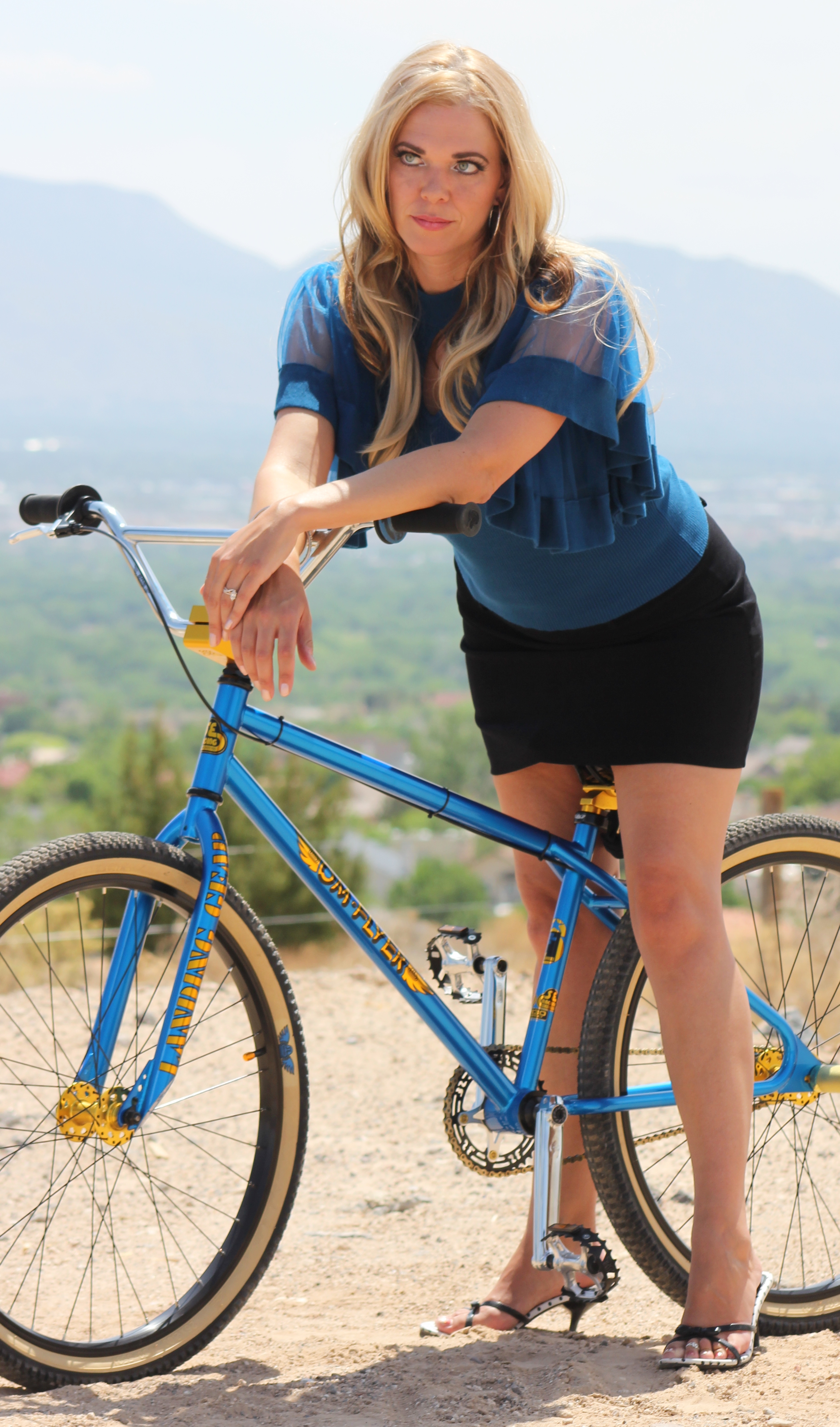
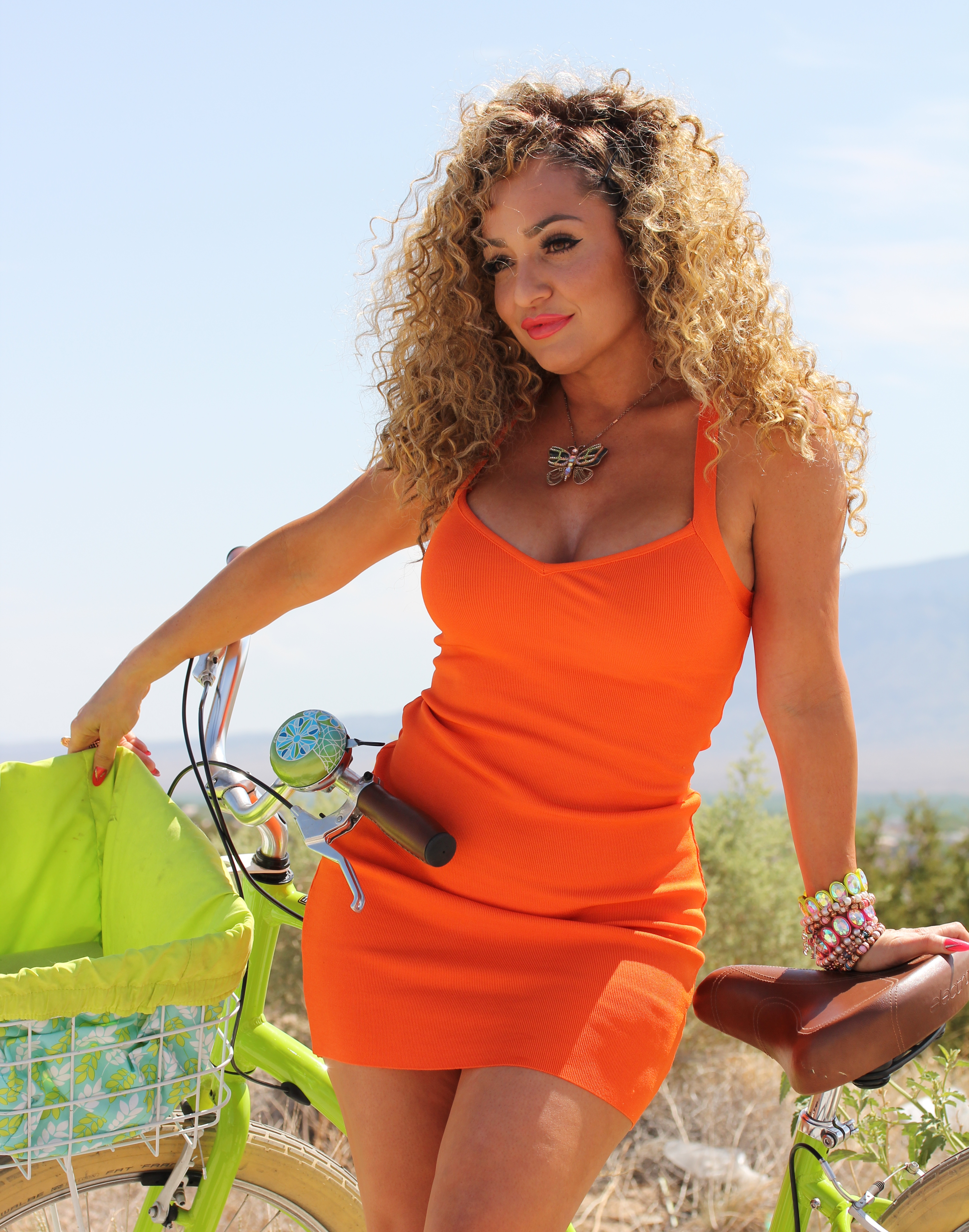
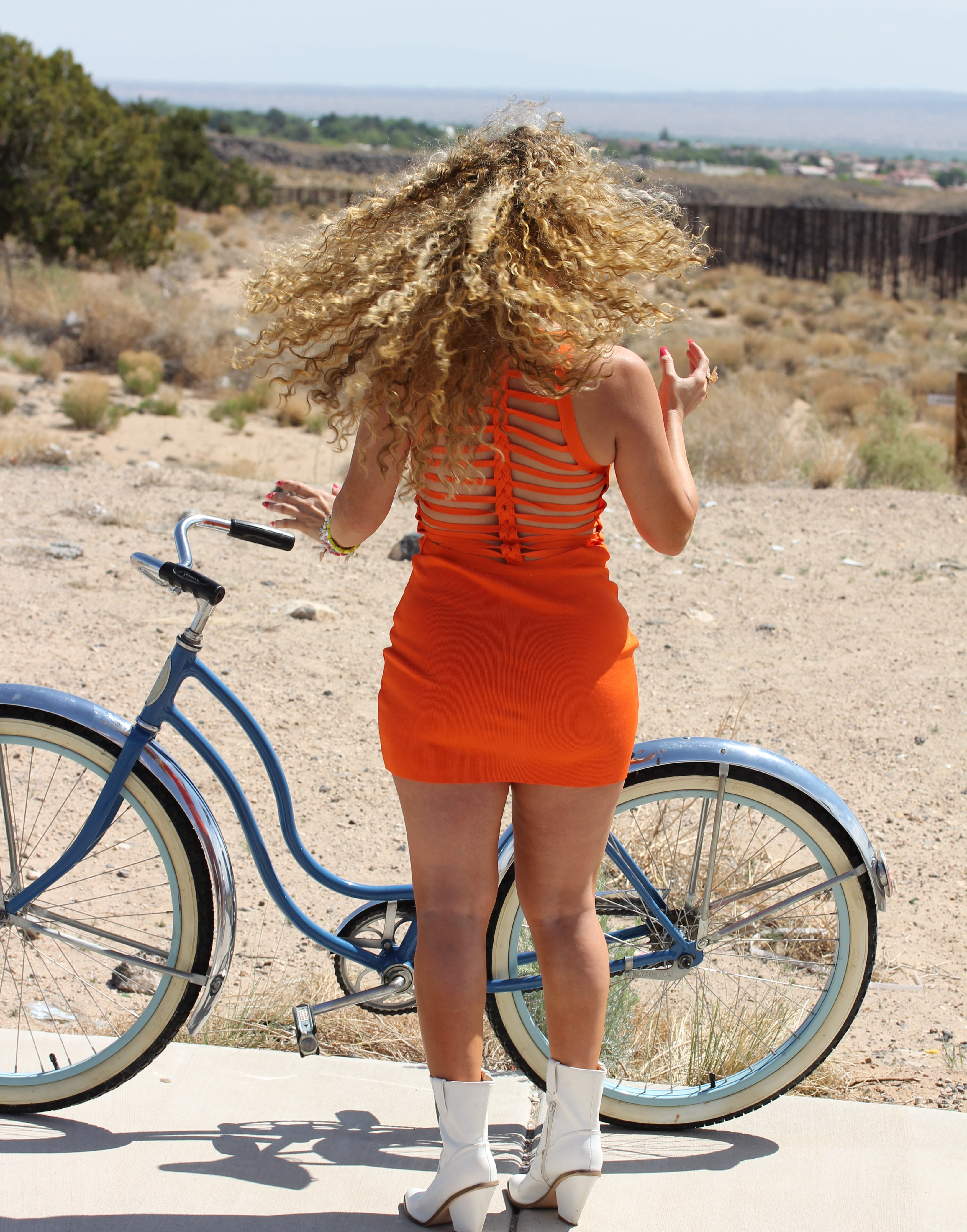
















 It took a lot to get anything done. Of course that experience helped me get a job in a research lab just before I graduated from high school.
It took a lot to get anything done. Of course that experience helped me get a job in a research lab just before I graduated from high school. At the end of every day, I walked the tape to the “computing center” and loaded the tape on a reel in a device that converted the punched holes in the tape to punch cards. There was a program already punched into a set of cards, and held together with a rubber band, so I banded that together with the cards from the data I’d collected, and then handed it to the folks at the counter. One did not get near the computers. The techs stacked the cards to run overnight with all the other jobs. I picked up the results the next day as a printout. It was all just a series of average measurements, with statistical info out to seven decimal places. The whole computing center building was greatly refrigerated due to the heat generated by the computers — in the same way computer chips need a cooling fan. Very expensive and energy consuming. And the computer people had to wear coats. Mind you, this was state-of-the-art computing at Johns Hopkins University at the time (late 60s & early 70s).
At the end of every day, I walked the tape to the “computing center” and loaded the tape on a reel in a device that converted the punched holes in the tape to punch cards. There was a program already punched into a set of cards, and held together with a rubber band, so I banded that together with the cards from the data I’d collected, and then handed it to the folks at the counter. One did not get near the computers. The techs stacked the cards to run overnight with all the other jobs. I picked up the results the next day as a printout. It was all just a series of average measurements, with statistical info out to seven decimal places. The whole computing center building was greatly refrigerated due to the heat generated by the computers — in the same way computer chips need a cooling fan. Very expensive and energy consuming. And the computer people had to wear coats. Mind you, this was state-of-the-art computing at Johns Hopkins University at the time (late 60s & early 70s).  the interface was a small keypad with tiny buttons — really tiny screen, really tiny buttons. My boss also had a stand-alone HP-85, run off of a program cartridge that controlled research equipment for column chromatography, and it had a nicer keyboard.
the interface was a small keypad with tiny buttons — really tiny screen, really tiny buttons. My boss also had a stand-alone HP-85, run off of a program cartridge that controlled research equipment for column chromatography, and it had a nicer keyboard.  We upgraded that one with an external floppy disk, for storage, just one disk at first, and then with two drives for copying disk to disk — woo hoo! On this machine, I had a simple line-drawing ski game to play. Then – OMG – my boss got a desktop computer in 1985. A 10Mb hard drive! A full-sized keyboard interface. but all commands had to be typed in with DOS commands, using a blank screen.
We upgraded that one with an external floppy disk, for storage, just one disk at first, and then with two drives for copying disk to disk — woo hoo! On this machine, I had a simple line-drawing ski game to play. Then – OMG – my boss got a desktop computer in 1985. A 10Mb hard drive! A full-sized keyboard interface. but all commands had to be typed in with DOS commands, using a blank screen. 
 Then the drop-down program menus needed a mouse, or awkward combinations of multiple keys to select commands, so I got a mouse. Progress.
Then the drop-down program menus needed a mouse, or awkward combinations of multiple keys to select commands, so I got a mouse. Progress.
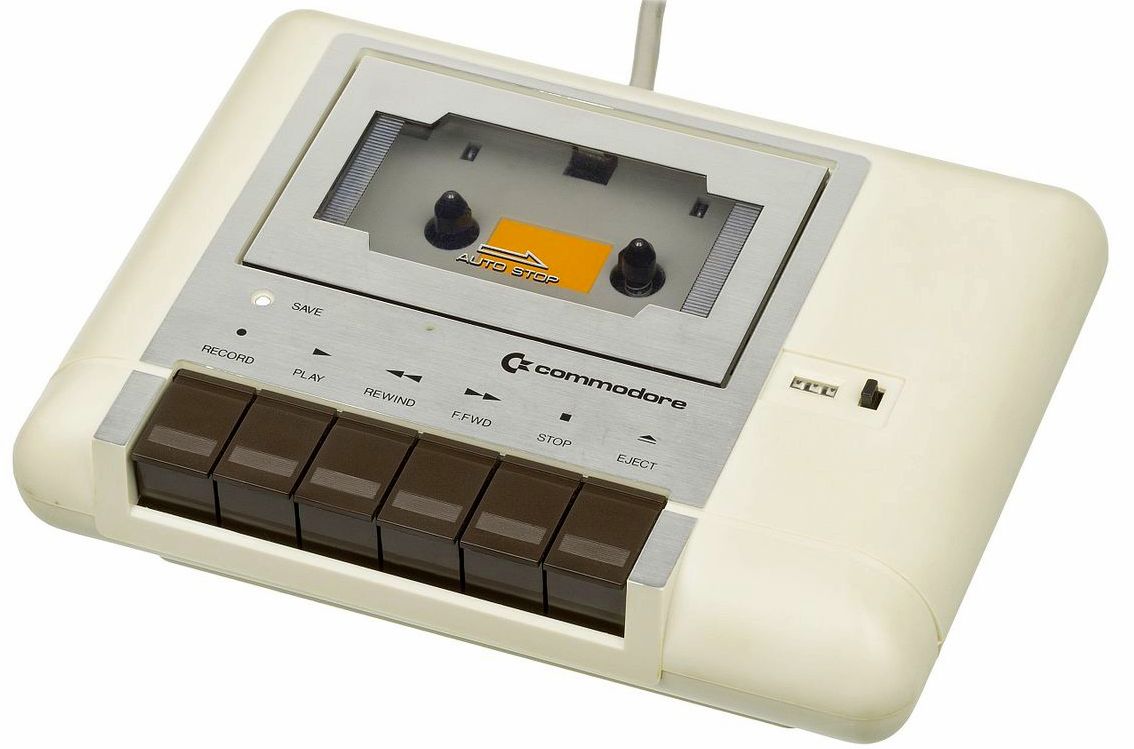 in the 1970s, and Commodore VIC-20s and Atari 400 home computers on the market in the early 1980s, but those cost two or three months’ rent. The Atari 800
in the 1970s, and Commodore VIC-20s and Atari 400 home computers on the market in the early 1980s, but those cost two or three months’ rent. The Atari 800  cost about $1000, six months of rent or more. The cost of MACs was insane. By 1988, I was able to purchase a used DOS personal computer (Disk Operating System, aka desktop) for myself at home, using student loan money. Mostly I needed it to write papers, because, without it, I had to type. In my classes where I had been typing 25-page papers, I was graded on spelling and punctuation in addition to the subject matter. I went through a lot of typing paper and time trying to get my papers perfect.
cost about $1000, six months of rent or more. The cost of MACs was insane. By 1988, I was able to purchase a used DOS personal computer (Disk Operating System, aka desktop) for myself at home, using student loan money. Mostly I needed it to write papers, because, without it, I had to type. In my classes where I had been typing 25-page papers, I was graded on spelling and punctuation in addition to the subject matter. I went through a lot of typing paper and time trying to get my papers perfect. 


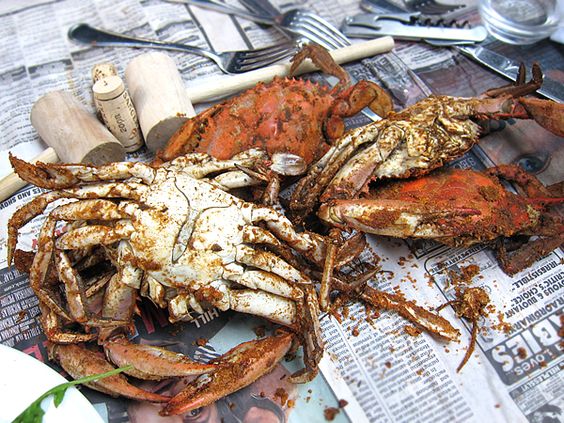















 The switch is an old-fashioned knob like cars in the 50s and 60s would have had, not the modern buttons or levers. With the lights on, I feel safer, and just then a car with its lights on passes me, going in the direction I left. I tap on the horn. Was I signaling the car hello, warning, or help? It would only have taken a long honk to get their attention, but I feel like I don’t need help. But, I was hoping they would stop.
The switch is an old-fashioned knob like cars in the 50s and 60s would have had, not the modern buttons or levers. With the lights on, I feel safer, and just then a car with its lights on passes me, going in the direction I left. I tap on the horn. Was I signaling the car hello, warning, or help? It would only have taken a long honk to get their attention, but I feel like I don’t need help. But, I was hoping they would stop. I counted how many times the pattern on it repeated, up and down the walls. Double checked my counts.
I counted how many times the pattern on it repeated, up and down the walls. Double checked my counts. The wall clock chimed. It did that a lot, on the hour every hour, and I think on the half hours too. Analog wall clocks used to do that. Every time the clock struck it increased my loneliness. I began to panic. It was hard to sit still. I liked to explore, to look around, to examine things. There was a boring church calendar on the wall. I kept counting images in the wallpaper around it. I felt like I was in some kind of limbo. I hated it.
The wall clock chimed. It did that a lot, on the hour every hour, and I think on the half hours too. Analog wall clocks used to do that. Every time the clock struck it increased my loneliness. I began to panic. It was hard to sit still. I liked to explore, to look around, to examine things. There was a boring church calendar on the wall. I kept counting images in the wallpaper around it. I felt like I was in some kind of limbo. I hated it. Now paregoric is a medicine consisting of opium or morphine, flavored with camphor, aniseed, and benzoic acid, formerly used to treat diarrhea and coughing in children. (To this day I love the smell and flavor of anise or licorice.) My mother used it on us often. I think she overdid it that night. I had been coughing long and hard, and she may have given me two spoonsful, or more. I woke up later, in that odd underlit time of night where I could only see a little. I was used to it by then. However, staring at the wall wasn’t very useful, because it was too dark to see anything clearly. I had played with toy soldiers, and even seen or played with toy civil war soldiers, and I must have seen a movie with knights in armor. Suddenly there were uniformed soldiers fighting on the wall, chasing each other with guns, up and down hills, and there were explosions too, but there was no sound. I was fascinated! I had sat up on the bed, and could make out the bedposts, pillow, and blanket. But then the soldiers morphed into men fighting with swords and guns, in blue or grey uniforms, but in the same place. Then the scene shifted again, and there were brightly colored knights in chain mail with huge swords and horses, charging each other, and having sword fights. I was enjoying it. I don’t know how long I watched. Well, technically, I guess I wasn’t really seeing anything, just imagining it, but it was so intensely vivid! It seemed to be playing within the wall, as what would later become known as three-dimensional imaging. The bedposts created a nice frame.
Now paregoric is a medicine consisting of opium or morphine, flavored with camphor, aniseed, and benzoic acid, formerly used to treat diarrhea and coughing in children. (To this day I love the smell and flavor of anise or licorice.) My mother used it on us often. I think she overdid it that night. I had been coughing long and hard, and she may have given me two spoonsful, or more. I woke up later, in that odd underlit time of night where I could only see a little. I was used to it by then. However, staring at the wall wasn’t very useful, because it was too dark to see anything clearly. I had played with toy soldiers, and even seen or played with toy civil war soldiers, and I must have seen a movie with knights in armor. Suddenly there were uniformed soldiers fighting on the wall, chasing each other with guns, up and down hills, and there were explosions too, but there was no sound. I was fascinated! I had sat up on the bed, and could make out the bedposts, pillow, and blanket. But then the soldiers morphed into men fighting with swords and guns, in blue or grey uniforms, but in the same place. Then the scene shifted again, and there were brightly colored knights in chain mail with huge swords and horses, charging each other, and having sword fights. I was enjoying it. I don’t know how long I watched. Well, technically, I guess I wasn’t really seeing anything, just imagining it, but it was so intensely vivid! It seemed to be playing within the wall, as what would later become known as three-dimensional imaging. The bedposts created a nice frame.










You must be logged in to post a comment.